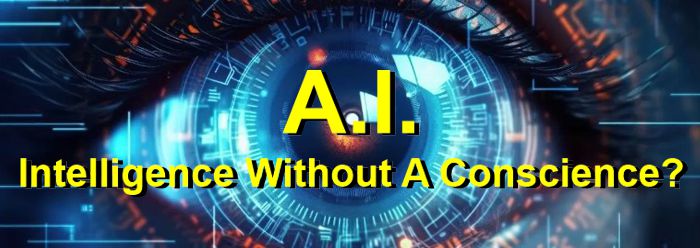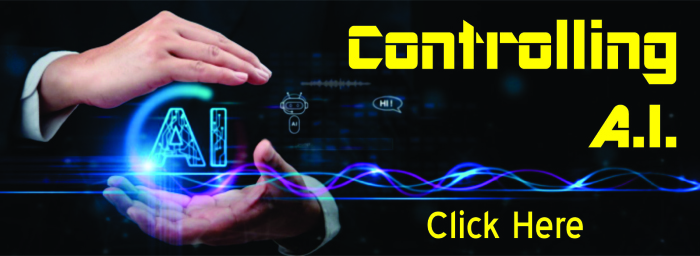
Focal
Prism Content Policy
Produced By Victor Modlinski.
Artificial Intelligence or A.I. for short, has become
the newest, hottest thing in computing since the
smartphone. Every tech company has jumped on the
bandwagon as they jockey to become the dominant force in
this arena.
They are spending billions of
dollars, all trying to incorporate this technology into
their products and services to get a perceived advantage
over their competitors. While at the same time
leveraging the replacement of human workers with A.I.
driven worker robots.
This is not good, because
they are relying on a technology which has not been
perfected, has no ethics or control protocols and has a
massive potential to be used for nefarious purposes.
It has already been used for cyber attacks and to
defraud many hard working people of their money. From
fraudulently generated images and video to sampled audio
mimicry, A.I. has already been manipulated for
misbegotten purposes.
In this section we would
like to share with you some of the misguided A.I.
experiences and warnings from the past which have gone
unheeded. This is not something that you could say we
did not see coming... because we have been warned time
and again by themes in science fiction as to the
potential outcomes of thinking machines gone awry.
We are now living in that reality... no controls on
an unregulated technology that has the potential to
enslave us all.
May God have mercy on us for what
we have created...
|
|




